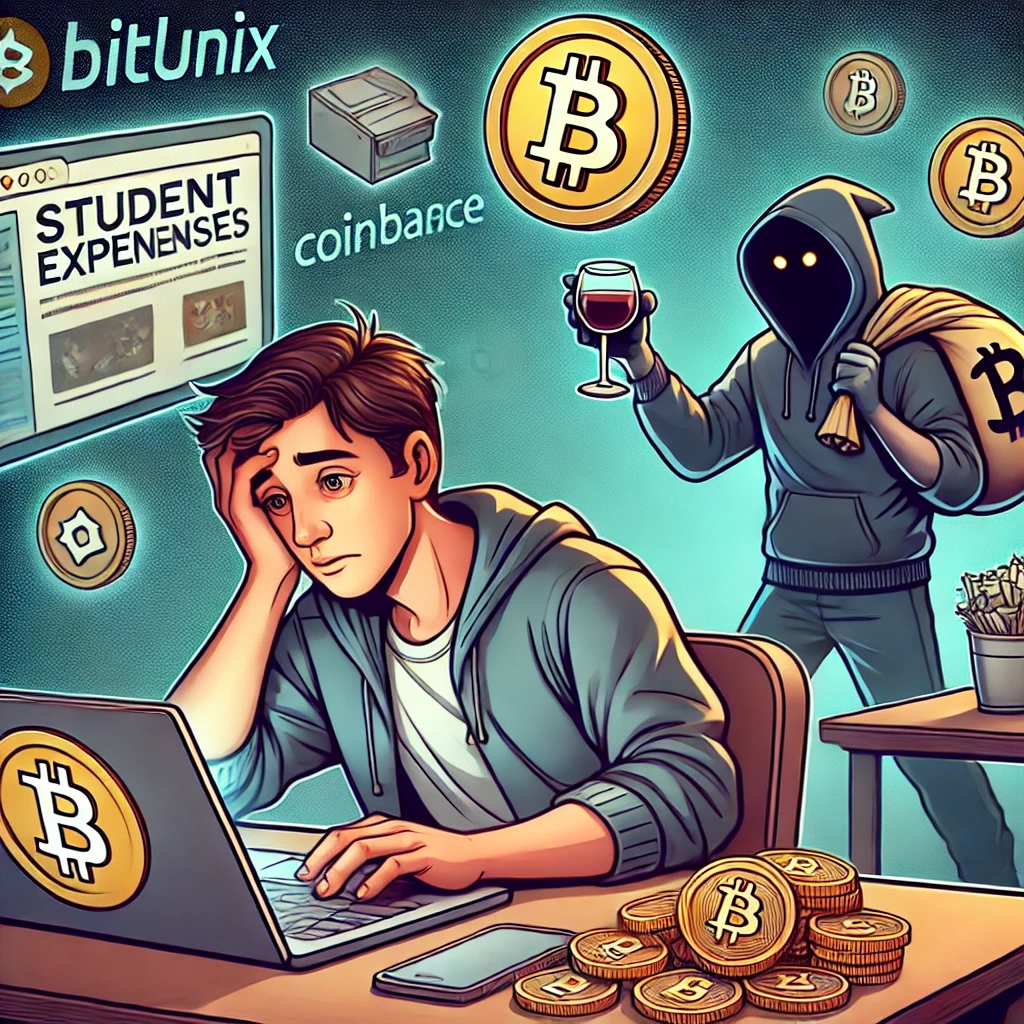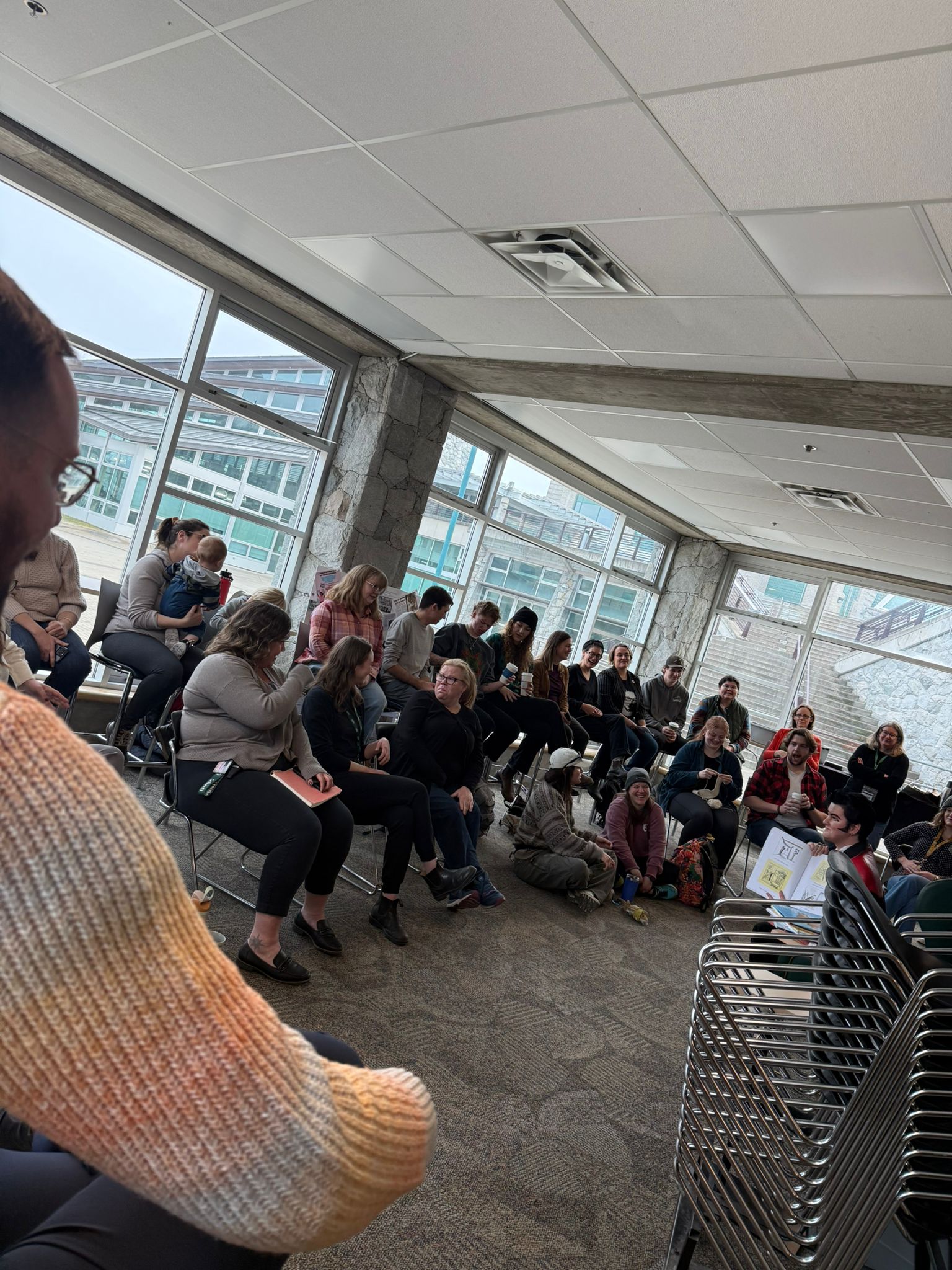In March of this year, a student in PG unfortunately fell victim to a cryptocurrency scam. Under normal circumstances, it would have been unlikely for him to make such a mistake. However, when the pressures of work and life become overwhelming, people can make decisions they wouldn’t ordinarily make.
Imagine this: one night, while exhausted and trying to complete your homework, you receive a tempting message from someone you’ve recently met on social media. He/She/They offer guidance on cryptocurrency and promise opportunities to make money. You’re too tired to read the message thoroughly; much of your focus is on your studies or work. Thinking it will save you time and allow you to manage both your tasks and a financial opportunity, you click on the link. The result? Not only do you lose money, but you also waste valuable time and energy.
Here’s a critical piece of advice, dear reader: never trust someone you’ve only met online. Sometimes, it is better to be cowardly than brave but with incomplete information.
Our friend is now busy trying to recover his assets, if that’s even possible. Meanwhile, the scammer—whose identity and location remain unknown—enjoys his glass of beer in celebration of money deceitfully obtained in less than two weeks.
On the other hand, the student—already struggling to afford a laptop, a plane ticket to visit family, or even basic living expenses—now faces a new issue far more complex and daunting than any academic challenge or programming assignments for his courses.
Perhaps in future editions of OTE, we’ll share details and updates of this story or even the messages exchanged between this student and the fraudster, but until then, take the first advice in the title of this article seriously:
NEVER, EVER CLICK





